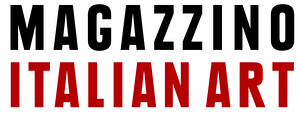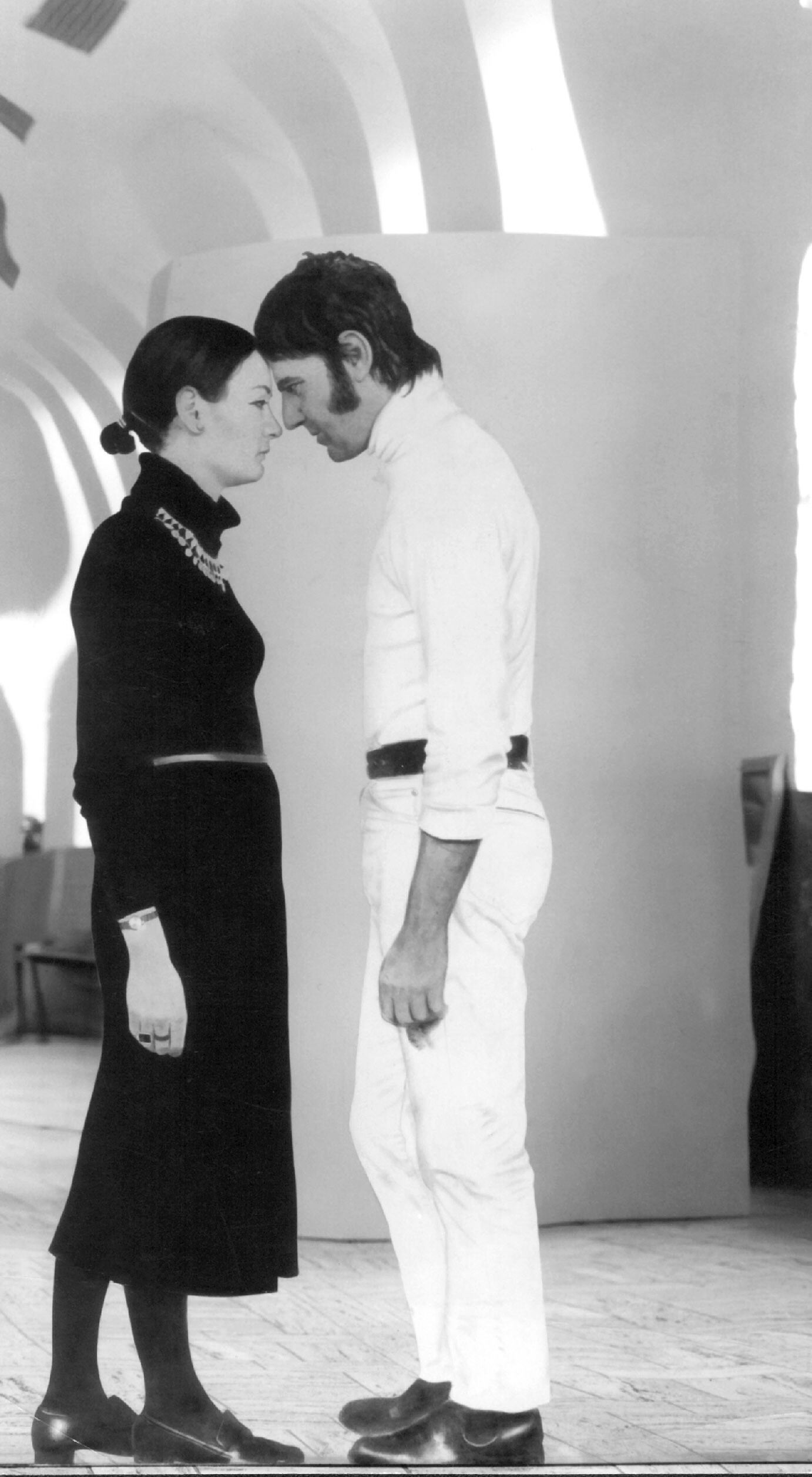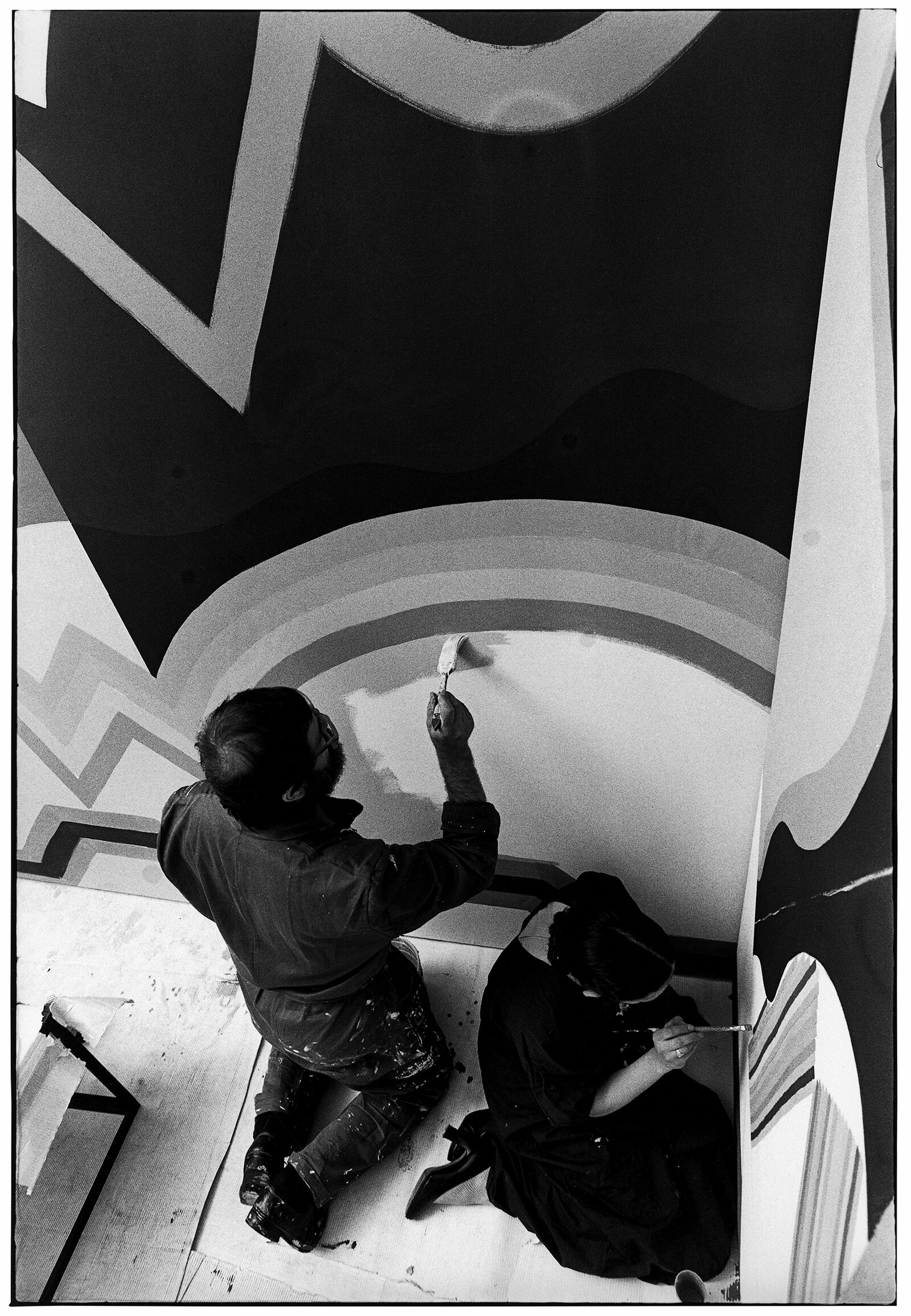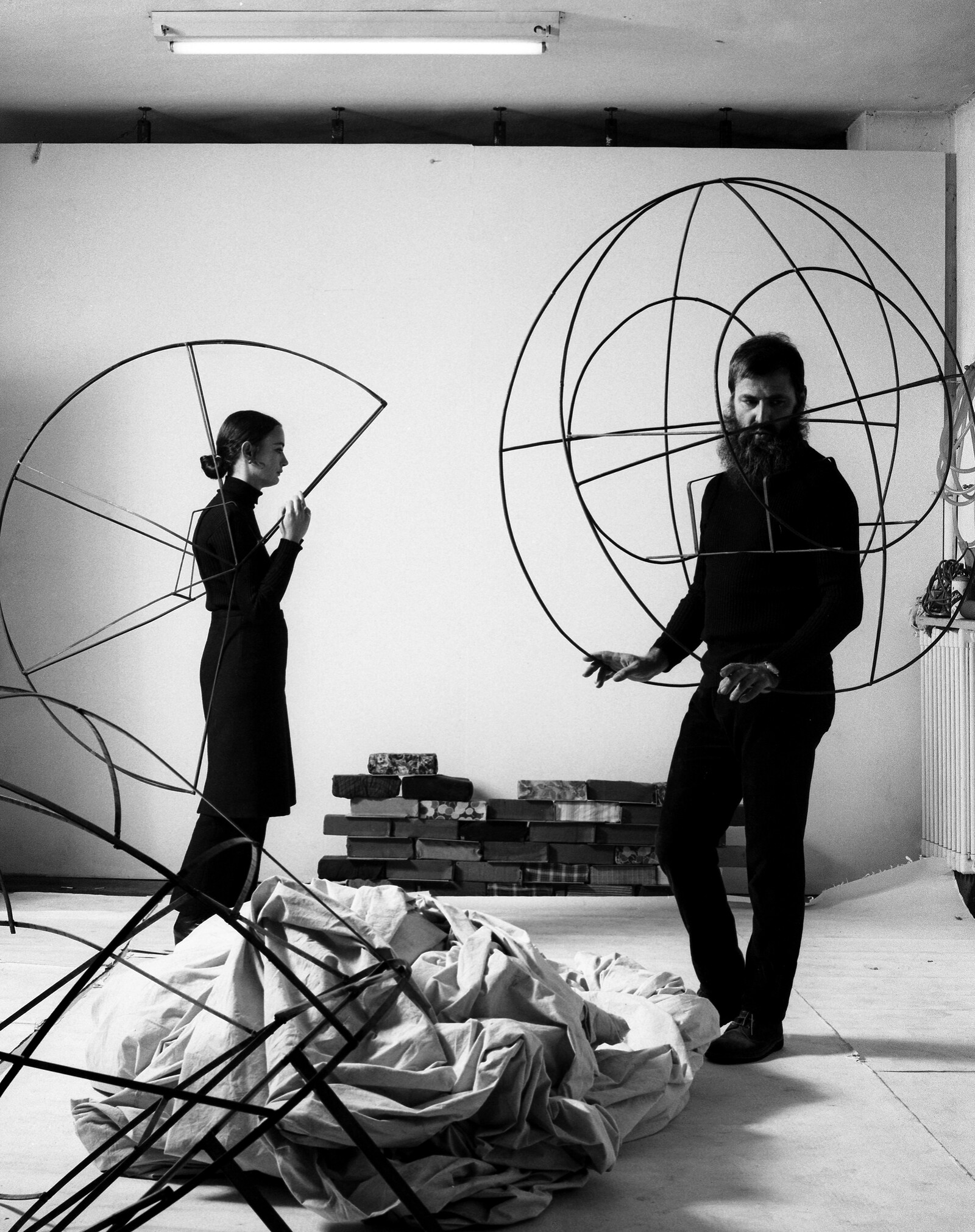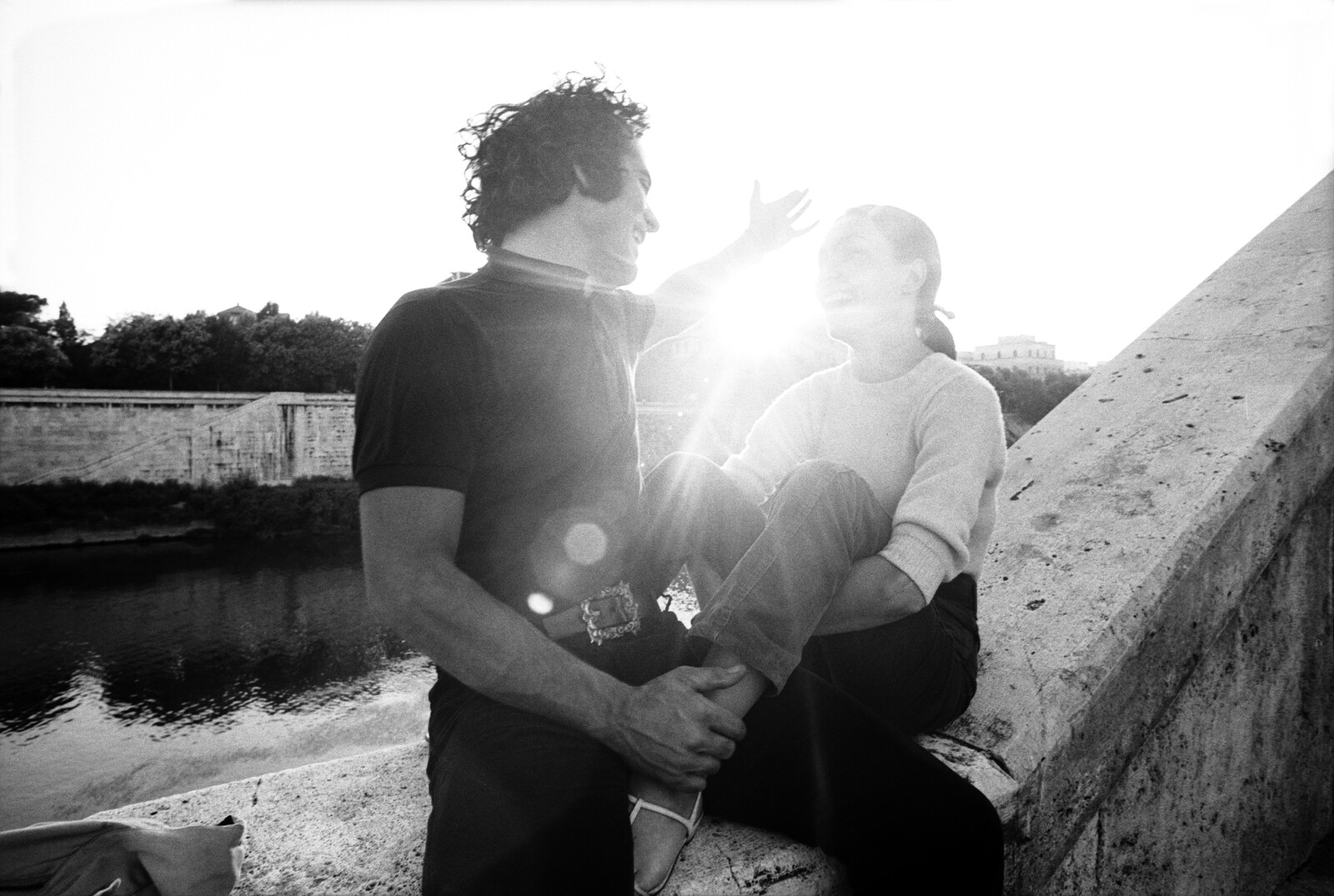Online lecture series
March 20–May 1, 2021, 12pm
2700 U.S. 9
Cold Spring, New York 10516
United States
Hours: Saturday–Sunday 11am–5pm
T +1 845 666 7202
info@magazzino.art
Arte Povera: Art of Collaboration, curated by Teresa Kittler and presented by Magazzino Italian Art, re-examines Arte Povera to highlight women’s contributions to what is conventionally understood as a male-dominated movement. This lecture series considers how collaboration forms the narrative of artistic production in post-war Italy. Speakers will reflect on how dialogue and reciprocal ways of working transform our understanding of artistic practice; ask if it is possible to think beyond the trope of the “muse” when addressing contributions of women partners; and consider how these exchanges visibly shaped well-known male artists’ work.
Lectures will be available to view online.
March 20, 12pm EST
The Power of Two: Inter-Gender Dialogue, Couples and Creative Partnerships in 20th-Century Italian Culture
Lucia Re, Research Professor, Department of Italian at UCLA
Tracing inter-gender dialogue and creative partnerships across the arts in 20th-century Italy, this talk starts with the Gabriele D’Annunzio-Eleonora Duse theatrical collaboration at the turn of the century, progresses to fascist-era artistic couples, and concludes by looking at artists and writers of the post-war period. Although women fought to move beyond traditional roles, age-old paradigms of woman as Muse on one hand, and of Pygmalion as the artist creator and educator of women on the other, remained pervasive in Italy. Yet women writers and artists found ways to challenge and subvert these restrictions, sometimes together with men. In the 1970s, feminists like art critic Carla Lonzi and artist Carla Accardi promoted separatism as a prerequisite to establish women’s autonomous creativity. Taking different forms, dialogues between genders and collaboration within artist couples fostered male and female creativity in ways that are yet to be explored and that require redefining aesthetic production.
April 3, 12pm EST
Mutually Impressed and Distanced: Luciano Fabro’s Creative Collaborations with Women
Dr. Sharon Hecker, Independent Scholar and Curator, Milan
Dr. Hecker examines Fabro’s collaborations with women through photographs, videos and unpublished letters. Spanning early collaborations with Carla Lonzi and Marinella Pirelli on experimental performance video Indumenti (1966), to Fabro’s sustained but less visible collaboration with his daughter, Silvia, and wife, Carla, Hecker explores his engagement with these individuals as creative partners and subjects. Fabro’s imaginary alliances with mythical female figures like Penelope and historical subjects like Nadezhda Mandelstam provide further insight. All these collaborations relate to the idea of fidelity, a theme that occupies an important place in Fabro’s art and leads to his notions of “commitment” as associated to memory, artistic expression, and creative process. The lecture underscores the complex dynamics between artist, artwork, critics, family members, and society.
April 17, 12pm EST
Alighiero e Sauzeau Boetti
Dr. Teresa Kittler, Magazzino Italian Art’s 2020–21 Scholar-in-Residence
Dr. Kittler reflects on Boetti’s approach, especially to his relationship with his wife, feminist art critic, Sauzeau-Boetti. Kittler examines Sauzeau-Boetti’s contributions to Boetti’s research and aesthetic decisions throughout the 1960s and 1970s, focusing on explicitly co-authored projects (Classifying the thousand longest rivers in the world (1977)), as well as more informal contributions to underscore their artistic exchange and ‘partnership,’ the term Sauzeau-Boetti used to describe their relationship.
Kittler will consider Boetti’s preoccupation with duality. In the 1960s, he rechristened himself “Alighiero e Boetti,” doubling his identity while establishing dialogue as a pillar of his creative process.
May 1, 12pm EST
Communion and Prophylaxis: Mario and Marisa Merz
Dr. Leslie Cozzi, Associate Curator of Prints, Drawings & Photographs, The Baltimore Museum of Art
Dr. Cozzi discusses the early sculpture and later work on paper of Mario Merz and Marisa Merz. By analyzing works in light of contemporary geopolitics, developments in Italian feminism, and the domestic landscape, Cozzi will explore how the husband-and-wife pair engaged in a dialectic that enabled them to respond to one another’s practices while maintaining individual perspectives. Focusing on the problematic of separatism and challenges facing women artists in Italy in the 1960-70s, Cozzi offers a new reading that recasts Marisa Merz’s interest in alchemy and communion in terms of contemporary developments in reproductive health technology.
